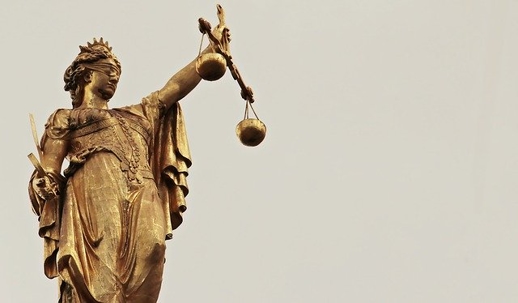Discovery is a word you may have heard regarding the law maybe in your own case or maybe you have heard the term on a television legal drama. I want to dig in and explain a bit about what discovery is, and what it does, in a criminal or civil case.
The general gist is that discovery is every bit of information that either you or the other side possesses which may be used during trial or that helps move the case towards a resolution. In every case, there is bound to be discovery. In the criminal context, at least in my experience, discovery tends to be much more straightforward than in civil cases.
In criminal cases, discovery is typically supplied by the State, and is pretty much every document, witness, or recording that the State possesses. The best way to think about the State’s discovery is that it is the State’s entire investigative file.
When you start talking about civil cases, such as catastrophic injury matters, discovery is much more complex. Whereas in criminal cases, you have an absolute right to have access to all evidence that the State may use against you, in civil cases, it is important to be very particular and calculated about obtaining information from the other side. The discovery can also take on many forms, such as the following:
- Interrogatories – written questions that are presented to the other side and are answered under oath
- Requests for production of documents – written requests for particular documents or things, such as medical reports, call logs, insurance information, etc.
- Requests for admissions – written questions asking the other side to admit to some wrongdoing or to particular facts
- Depositions – in-person meetings, where attorneys for both sides have a chance to ask a witness questions about the case, and the witness answers the questions under oath and in front of a court reporter
As you can imagine, discovery is a very powerful tool that can be used to obtain information about a particular case. In criminal cases, discovery can quickly help a client determine whether they should take their case to trial or consider negotiating a plea, whereas in civil cases, it can help establish liability and guide the case towards a favorable settlement. That being said, just because you may get discovery does not necessarily mean that it can be used at trial. Often times, there are evidentiary issues that may keep something from being introduced to a jury, which means that the attorneys have to argue about it before the judge. A classic example is a statement containing hearsay, where someone says something that they heard from someone else. While the statement itself may be fantastic for a particular side, depending on the details of who said what to who, the statement could very well be kept out. Just like many other aspects of the law…it always depends.
Regardless, though, you and your attorney should always make sure to explore every single aspect of the discovery that is provided. If you think that something is missing, your attorney should see what can be done to get it. If you feel like something should be left out, look into whether there are any rules of caselaw that may help or work against you. Nevertheless, discovery is a tool that should be studied and used to hopefully support a favorable outcome in your case.

